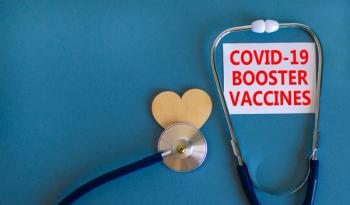
COVID Reinfection May Have More Risks Than Initial Infection
While initial infection of the virus has resulted in risk of hospitalization and mortality, researchers looked into the effects of reinfection as data has been unclear.
Those who have been reinfected with COVID-19 have an increased risk of experiencing mortality, hospitalization or other serious health conditions compared to the first time being infected, regardless the vaccination status.
While initial infection of the virus has resulted in risk of hospitalization and mortality, researchers looked into the affects of reinfection as data has been unclear.
The information was collected from the U.S. Department of Veterans Affairs’ national healthcare database from March 1, 2020 through April 6, 2022 and recently published as a
It was revealed reinfected patients had a more than doubled risk of death and a more than tripled risk of hospitalization compared with those who were infected with COVID just once. They also had increased risks for problems with lungs, heart, blood, kidneys, diabetes, mental health, bones and muscles, and neurological disorders, the study said.
The risks and burdens of repeat infection increased with the number of infections, the study said.
In addition, reinfected patients were more than likely to develop lung problems, three times more likely to suffer heart conditions and 60% more likely to experience neurological disorders than patients who had been infected only once.
Further investigations are recommended for COVID reinfection as there are limitations to this study, which focused solely on the health risks associated with those individuals who had reinfection.
The study did not look into further popualtions outside of Veterans Affairs which consists of those who are mostly older white males. Outside of that the cohorts included 589,573 women participants, and 12% were roughly under 38-years-old. Subgroup analyses were not conducted by age, sex or race.
Prevention of COVID infection and reinfection is encouraged to be the goal of public health policy because prevention could protect folks from additional health risks.
Newsletter
Get the latest industry news, event updates, and more from Managed healthcare Executive.























